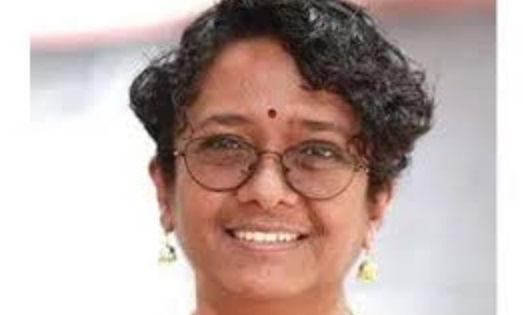IAS Association has called out prejudice against Chief Secretary Sarada Muraleedharan of Kerala.
Kerala Chief Secretary Sarada Muraleedharan’s powerful response to a colorist remark has sparked widespread support, with the IAS Association condemning the prejudice against her. Addressing the criticism head-on, Muraleedharan shut down detractors with a bold statement: “Black Can Absorb Anything.”
The IAS Association took a firm stand against the discrimination, posting on X (formerly Twitter):
“A person’s true worth is known by her actions and achievements, not by the colour of skin. The Association strongly condemns attempts to intimidate an upright officer through petty and uncivilized comments. Let’s stand against deep-rooted prejudices and celebrate diversity.”
Challenging Deep-Seated Prejudice
Color bias has long been ingrained in society, often manifesting in everyday interactions, even within families. The belief that fair skin is superior to dark skin continues to persist, reflecting a larger issue of societal conditioning. However, the attack on Kerala’s Chief Secretary based on her complexion highlights how such biases extend even to the highest echelons of governance.
Instead of ignoring the remark, Muraleedharan chose to respond with conviction. Reacting to a social media post that compared her leadership to that of her predecessor, Dr. V Venu (IAS: 1990: KL)—who is also her husband—she addressed the colorist undertone in a Facebook post.
Owning Her Identity
Muraleedharan wrote:
“I heard an interesting comment about my tenure as Chief Secretary—that it is as black as my husband’s was white. Hmmm. I need to own my blackness.”
She exposed the deep-seated biases that equate blackness with negativity, inferiority, and even incompetence. Muraleedharan expressed frustration over being repeatedly compared to her husband but pointed out that this particular comment cut deeper, as it tied skin color to leadership ability.
“It was about being labeled black (with that quiet subtext of being a woman), as if that were something to be desperately ashamed of,” she remarked.
Reclaiming the Meaning of Black
Challenging the negative stereotypes attached to blackness, she argued:
“Black is as black does. Not just black the colour, but black the ne’er-do-well, black the malaise, the cold despotism, the heart of darkness. But why should black be vilified?”
She further elaborated on the power and significance of black, describing it as:
-
The all-encompassing truth of the universe
-
The strongest energy force known to humankind
-
A symbol of elegance, resilience, and depth
-
The lustre of evening wear, the essence of kajol, and the promise of rain
A Collective Stand Against Discrimination
The IAS Association’s strong response highlights the urgent need to challenge color-based discrimination that remains entrenched in Indian society. While bias against dark skin persists across the country, its impact is more pronounced in certain regions and professional spaces.
Muraleedharan’s defiant stand not only confronts personal attacks but also sets an example for others facing similar prejudice—emphasizing that leadership, integrity, and competence transcend skin color.





